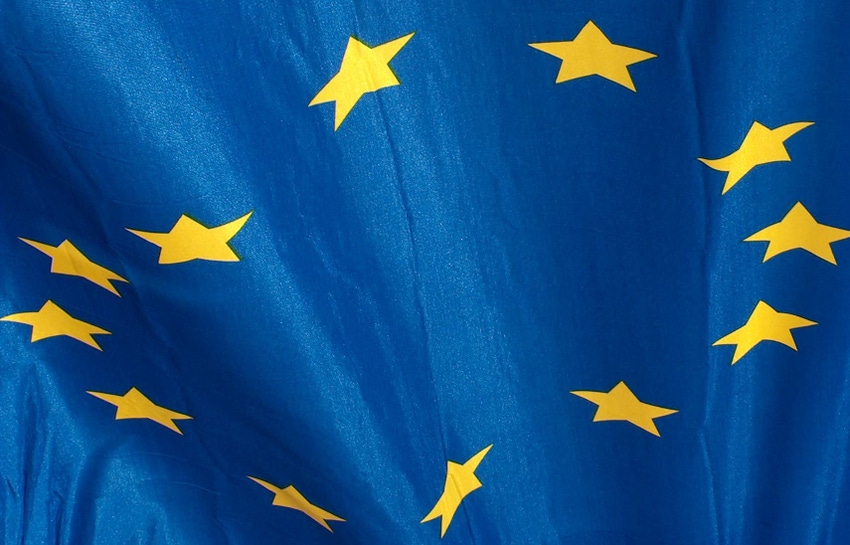The Council of the EU has formally approved new rules to end mobile roaming charges in the EU in ‘mid-2017’ according to its official online journal Consilium Europa.
October 2, 2015

The Council of the EU has formally approved new rules to end mobile roaming charges in the EU in ‘mid-2017’ according to its official online journal Consilium Europa.
The new law will also include the first EU-wide provisions to safeguard open internet access. However, some analysts have argued that mobile telcos could emerge stronger without roaming revenue.
The proposal was adopted ‘without discussion’ at a meeting of the Competitiveness Council, the journal reports. The European Parliament is expected to adopt the text at its plenary session in late October, which mark the end of the procedure at second reading.
The regulation will enter into force three days after publication in the EU Official Journal, which, the council reports, ‘will probably take place in November’.
According to a report by Deloitte, six per cent of mobile operator earnings come from roaming charges. “The end of roaming charges will have an enormous impact on the mobile industry,” said Deloitte TMT leader for EMEA Dr Andreas Gentner.
Telecoms.com reported in June that an official EU announcement predicted that mobile phone users will pay their normal domestic rate when travelling anywhere in the EU and in anticipation of that roaming charges will be capped at €0.05 per minute/MB in April 2016.
Ernest Doku, telecoms expert at uSwitch.com, said the delays to the roaming ruling have caused confusion and frustration.
“A knee-jerk recovery of costs by operators through raising bills is one of the concerns that led to this delay, but if and when it finally does happen, mobile customers will enjoy real benefits,” said Doku. Studies by uSwitch show a fifth of UK holidaymakers return from EU trips to find an average bill shock of £61, with one in six paying over £100.
It won’t be all bad news for mobile operators, argued telco revenue management expert Ravi Palepu, Senior Director of Global Telco Solutions at Virtusa. “In the short term, operators might experience some pressure on their margins, but in the long term the increased use of mobile phones while traveling abroad will benefit the ecosystem as a whole. The new regulation will have an upside for other telecom trends, including the Internet of Things (IoT), smart meters, mobile payments, BYOD, mobile apps, and OTT applications, where connectivity is essential.”
There are some positive elements buried in the new regulation, said Balaji Srinivasan, strategic product director for roaming at telco service provider CSG International. “Under this new ruling, it may be possible for operators to charge over the top players like Netflix to get their videos to consumers at guaranteed speed. Operators can also apply differential charging for services such as HD Videoconferencing, IPTV and healthcare services as per the ruling. All these open up OTT partnership opportunities for operators,” said Srinivasan.
About the Author(s)
You May Also Like








.png?width=300&auto=webp&quality=80&disable=upscale)


_1.jpg?width=300&auto=webp&quality=80&disable=upscale)


.png?width=800&auto=webp&quality=80&disable=upscale)